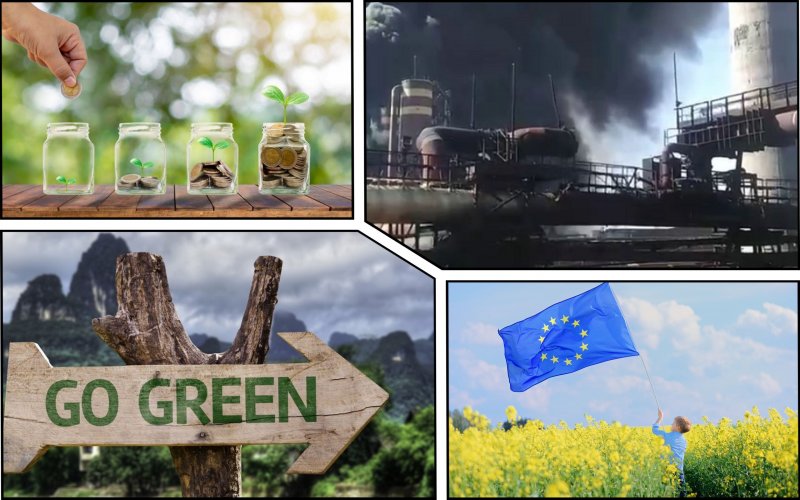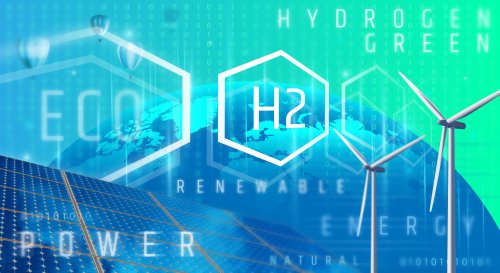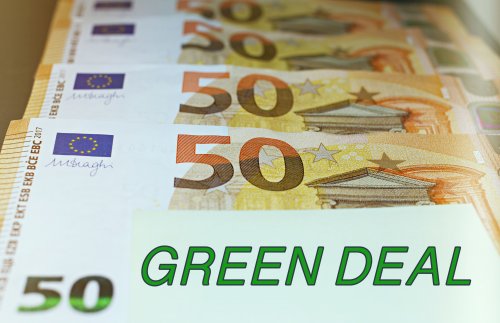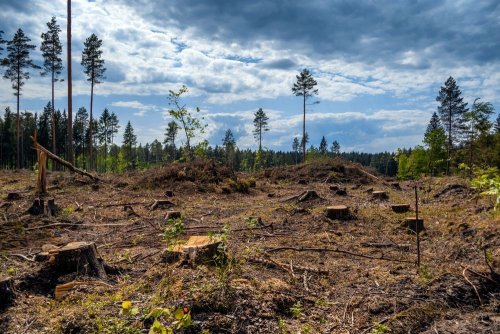One of the main pillars of the global green transition is an equitable approach that combines carbon emission reduction measures with economic development and improved quality of life. After all, limiting global warming to 1.5°C is a critical goal for all of humanity. Although Europe is the flagship of climate policy, some recent moves look cynical, as EU countries are planning to reduce or are already reducing spending on the green transition.
Read more about the new threats to the Green Deal and challenges for Ukraine's climate policy in EcoPolitic's article.
Reducing the cost of green transition in Europe
The French government plans to cut the energy transition budget for 2024 from €10 billion to €8.6 billion. This need is explained by the projected decline in economic growth in 2024 from 1.4% to 1% due to the crisis amid the Russian-Ukrainian war, the economic slowdown in China and the economic downturn in Germany.
France plans to cut spending on energy-efficient housing retrofits by €1 billion and €400 million for the Green Fund to support local projects.
In the eco-community, such savings were criticized, in particular due to the fact that reduced investment in energy efficiency will lead to much higher public costs in the coming years. And it can also send a negative signal that will reduce the attractiveness of investing in green projects.
Also, a number of EU countries have been hit by protests by farmers against the green transition rules, which lead to an increase in their costs. Probably, the European Union can make some concessions for them.
In addition, similar trends are observed in Great Britain, where investment in the green economy has halved to 28 billion pounds per year. The country also relaxed programs for the introduction of electric cars and heat pumps, and supported new drilling of oil and gas wells.
In an exclusive comment for EcoPolitics, the head of the Industrial Ecology and Sustainable Development Committee of the European Business Association, Stanislav Zinchenko, emphasized that China and India, which are increasing the intensity of production, are currently the biggest polluters of the environment and sources of carbon emissions. Also, a large amount of greenhouse gas emissions are produced by the developed countries of the EU, the USA, Japan and, potentially, South Korea.
"At the same time, our European partners, through numerous non-governmental and public organizations, international projects and experts, are promoting ambitious goals for reducing carbon emissions in Ukraine. On the one hand, this is surprising during the war in the country," he said, adding that the recovery country after the war may last for decades.
In his opinion, this situation has developed for a number of reasons, in particular, due to Ukraine's European integration course. EU countries declare that they need more than €400 billion per year to achieve decarbonization goals, despite already having invested trillions of euros. However, there are no concrete investment programs for the decarbonization of Ukrainian industry and energy.
Green transition in Ukraine
Ukraine, during a full-scale war, has been granted EU candidate status and must bring its national legislation in line with European standards. In addition to purely legislative changes, the country, despite the enormous losses and destruction, must implement climate solutions and fulfill its international obligations.
As a candidate for membership in the bloc, control over the achievement of these goals will be stricter. For example, some experts suggest starting negotiations on Ukraine's accession to the EU with the Energy and Climate cluster, which would be a pragmatic approach to building the bloc. After all, the Green Deal and energy are cross-cutting issues for a number of sectors, and new members of the bloc must comply with European standards.
Ukraine has not softened its climate goals or abandoned its commitments. In particular, the draft National Energy and Climate Plan of Ukraine 2025-2030 provides for:
- achieving climate neutrality of the energy sector by 2050 and the entire economy by 2060;
- decommissioning of coal-fired generation by 2035, which is traditionally used to balance the energy system;
- reducing methane emissions by 30% by 2030 from the 2020 level, which provides for the "Global Methane Obligation", etc.
Similar ambitious goals cause concern even in the peaceful countries of Europe, and can become a real burden for Ukraine.
After all, in addition to the daily challenges of military realities, Ukraine also does not receive full funding of environmental programs. For example, from the spring of 2022, funding from the EU Multi-annual Indicative Program (MIP) was directed to emergency support due to the war. Also, after launching the Ukraine Facility, the country may lose access to other programs.
Zinchenko emphasized that due to Russian aggression, deindustrialization and more than 30 years of economic and political crises, Ukraine has lost 40-80% of its industrial potential. For Ukraine, the priority is recovery, security and welfare of the population, which will require hundreds of billions of euros. Although green recovery is a top priority, the partners have not yet announced specific investment plans.
"They lack funding for their own green transformation. Achieving climate goals in Ukraine with a decline in industry over the past 2 years is a bit strange. It seems to me that "green politicians" from the EU have not and cannot achieve their own goals – instead they are trying to transfer ambitious goals to other countries, in particular partners and importers," he said.
According to him, technologies, policies and financing mechanisms of the EU are an example for the whole world and Europe, as the initiator of the green transformation, must demonstrate its achievements.
"I have very cautious optimism about this – for example, because the largest producer of solar panels in the world is China," added Zinchenko.
Climate change is a real existential threat to humanity and all life on the planet, and only a global green transition will help to avoid catastrophe. However, achieving climate neutrality is impossible without the necessary funding. In addition, Ukraine has lost significant carbon sequestration potential, as a third of its forests have been damaged by the fighting. The loss of about 15 million m3 of fresh water as a result of the Russians' blowing up the Kakhovka hydroelectric dam, or 35-40% of all reserves, is likely to negatively affect Ukraine's plans to produce hydrogen, the basis for decarbonizing a number of industrial sectors.





